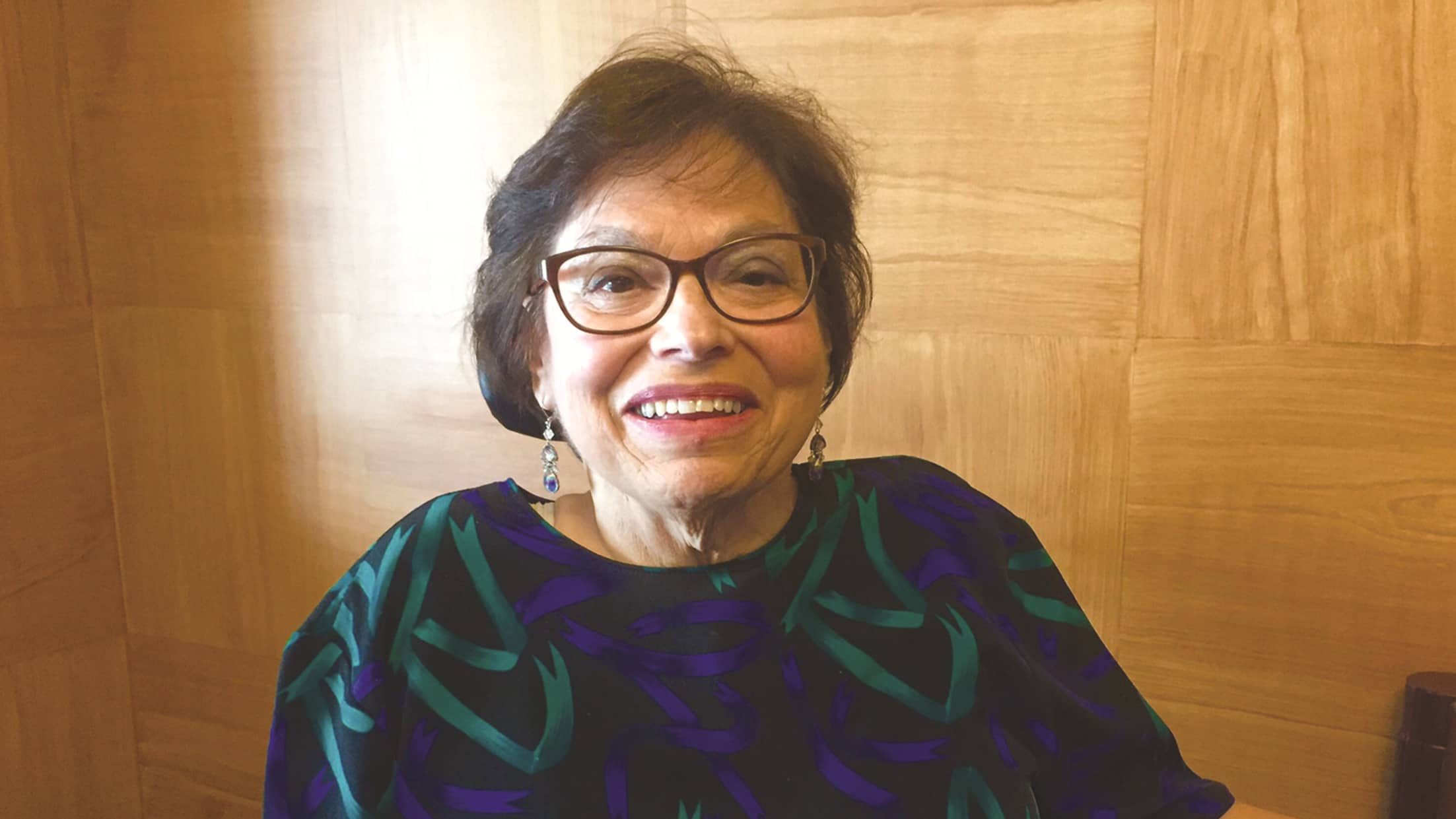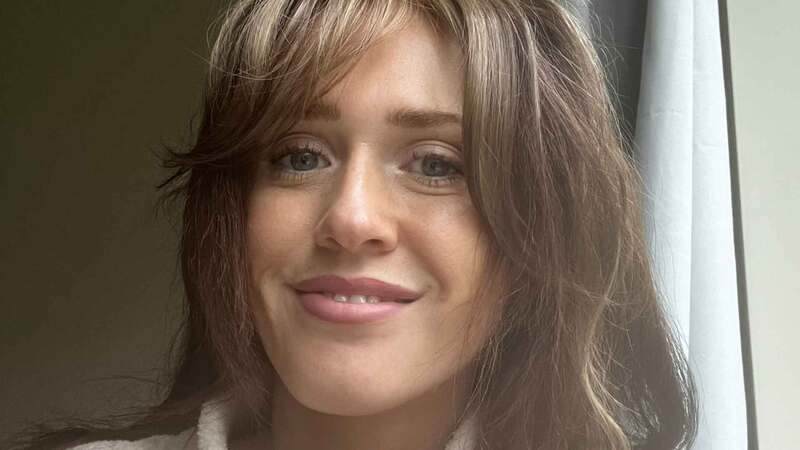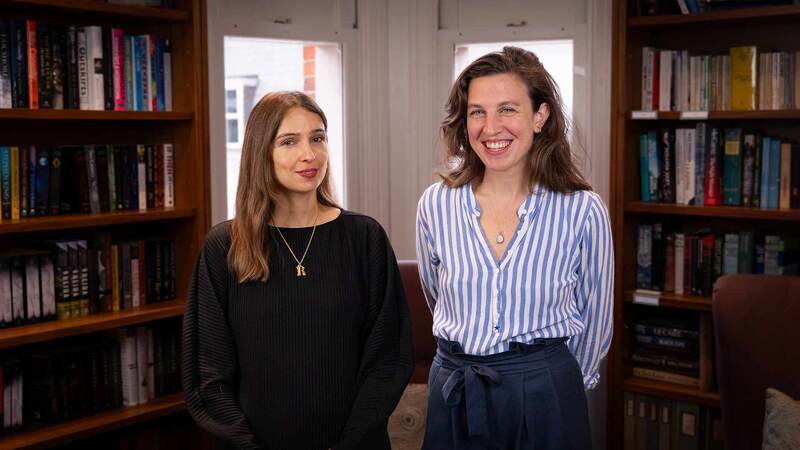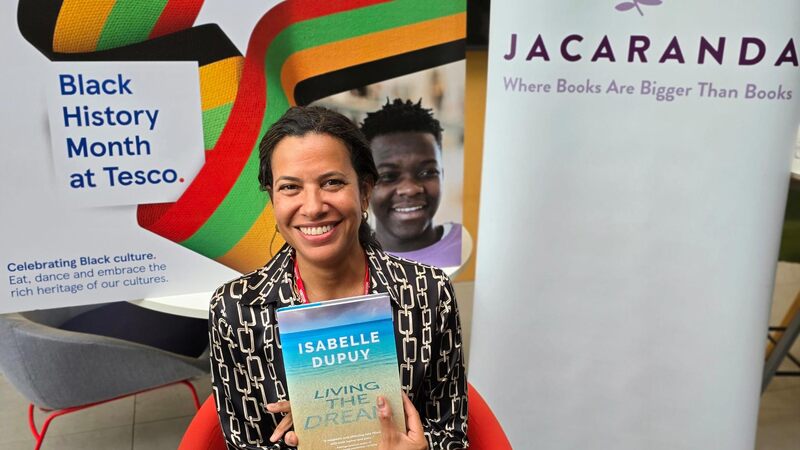You are viewing your 1 free article this month. Login to read more articles.
Judith Heumann | 'It’s important for people to be able to see themselves"
Activist Judith Heumann’s memoir is an unflinching tale of struggle—and hope
Being Heumann: The Unrepentant Memoir of a Disability Rights Activist (W H Allen), produced by Judith (Judy) Heumann in collaboration with writer Kristen Joiner, tells the story of Heumann’s life growing up in Brooklyn, confronted at every turn with barriers excluding her from engaging in society and living her life. This is a story we should all know: the story of the civil rights movement for disabled people. But as with most things related to disability, it has gone unseen. Heumann’s story throws a much-overdue spotlight on this. Speaking to me from Washington DC, she says her readers have echoed my own response: why didn’t I know this story?
Heumann’s life of activism emerged from a summer camp in the 1970s (documented in “Crip Camp”, currently showing on Netflix). Attendees of the camp later united to fight for equal rights, resulting in the signing of the much-resisted Section 504 of the Rehabilitation Act in the US, which “forbids organisations and employers from excluding or denying individuals with disabilities an equal opportunity to receive program benefits and services”.This set a precedent for The Americans with Disabilities Act in 1990, and the UK followed in 1995 with The Disability Discrimination Act.
“Disability has been so invisible,” she tells me, “it’s important for people to be able to see themselves.” Books are how we learn, and how we “look at issues in a different way and begin to ask the right questions”. There is a growing interest from broader readerships, and getting “these stories out there enables us to have deeper, more thoughtful discussions”.
Most people with a disability acquire it during their life, rather than being born disabled. This is likely to increase in the wake of Covid, and Heumann is concerned with the kind of information available—“much of it has been pretty negative”. It is important to notice absence, and there is an absence of disability in publishing. We need “to be uncomfortable with that absence and demand that absence disappear”; to make visible what is so often invisible. “It’s important publishers recognise the power of these stories. Disability is a normal part of life.”
People should not live in fear of recrimination on the basis of their disability, she says. It may be temporary or permanent but we shouldn’t shy away from it. It’s important that “the voices of the disability community are representative of the community in the broadest way possible”, and that it’s a global movement. So many of us live with invisible disabilities and aren’t disclosing, and we need to respect one another’s choices, but it is also important that we say “I have a disability”, because many of us are in positions of power in the public and private sector; not disclosing limits the power we have to make the changes that we could do—we are stronger together.
For those who struggle to identify as disabled, for whatever reason, Heumann is poignant in reminding me that you can feel alone, but “overarching issues, like discrimination in the workforce, how you are treated by the community and how you are seen... there are certain experiences that we all have.”
With more than a billion disabled people in the world, “if we see ourselves as part of the community, fighting for the same changes,” then the more we come together, the more impactful we can be. “We need everyone to feel they’re part of the solution.” We need to be able to ask, “What types of changes do we need to make in ourselves and in our communities?” We need to be “driven, not only by wanting to make one’s individual life better, but in benefiting more people. These are important things that everyone should be concerned about.”
At the end of “Crip Camp”, Heumann says: “If you don’t respect yourself and if you don’t demand what you believe in for yourself, you’re not going to get it. But it’s hard. We can’t do it alone.”
Being Heumann: The Unrepentant Memoir of a Disability Rights Activist was released in the UK by W H Allen in July.








